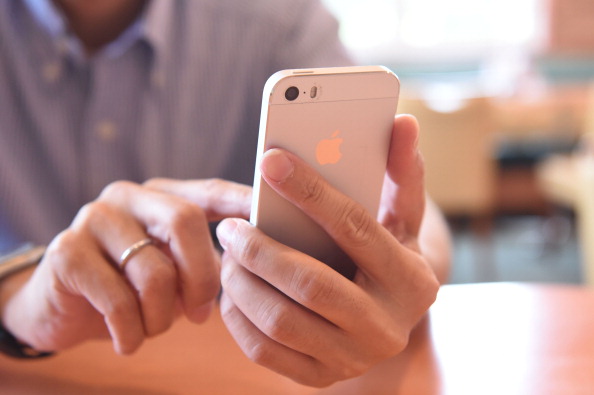An addictions expert has called for a national mobile device detox to counter a ‘worrying’ rise in screen addiction rehab treatment enquiries.
Across the UK, the number of people seeking treatment for screen-based addictions has grown by more than 100% in three years, new figures reveal.
This comes from The Priory, a specialist clinic in mental health and addiction services, which has seen 2023 treatment enquiry figures – for addictions including gaming, gambling, internet or social media, and porn addiction – show a 118% increase in volume since 2020.
Meanwhile, previous studies have estimated that, globally, 210 million people suffer from internet and social media addiction.
Beth Tudgay, therapy lead for Priory’s services, says: “When we think of addicts and addictions we often think of substance misuse or recreational drugs, but screen addiction is a serious problem.
“It is the world’s most widespread bad habit, which develops into an addiction for some, and seriously impacts our mental health.
“Opening up our phones releases dopamine in our brains – a neurotransmitter known as the ‘happy chemical’. Over time, we can develop an association between using our phones and gaining a rewarding, pleasurable experience, which can soon spiral into an addiction.
“The rise in screen addiction prevalence is worrying. So taking proactive steps to cut back is important for all of us, and parents may find this particularly helpful so they can better support children to do the same.”
Early therapy and rehab
In 2023, one in five children and young people, aged eight and 25, had a probable mental disorder, according to a new report from NHS Digital, following a Mental Health of Children and Young People survey.
Wellbeing expert Beth has seen the damage of mobile phone and screen addiction first-hand. She says: “Addictions start young. Parents know this of course but it can be very difficult to role model good behaviour when it comes to our devices because so many of us are gripped by screen addiction ourselves.”
One way to cut back is to physically put our phones out of sight during family time at home. It is common to get lost in unnecessary activities on devices by accident; maybe picking it up to check messages but ending up on social media for 30 minutes without realising it.
Self-rehab for positive changes
Limiting social media use to half an hour each day, for example, can lead to significant reductions in symptoms of loneliness and depression.
Beth added: “If we put our phones away in a drawer, it can significantly reduce the urge to pick them up.
“We can set measurable targets for ourselves too. Your smartphone can tell you your average daily screen time. Why not set yourself a target to cut that time in half this January? Set yourself a day and time each week when you review how you’re doing, to keep yourself on track.
“I see the damage caused by unhealthy screen habits in my patients all the time. It makes us lonely and disconnected from loved ones. It makes us tired, unhappy and stressed. For some people, it can have severe psychological damage in the long term, especially when the addiction starts at a young age.”




